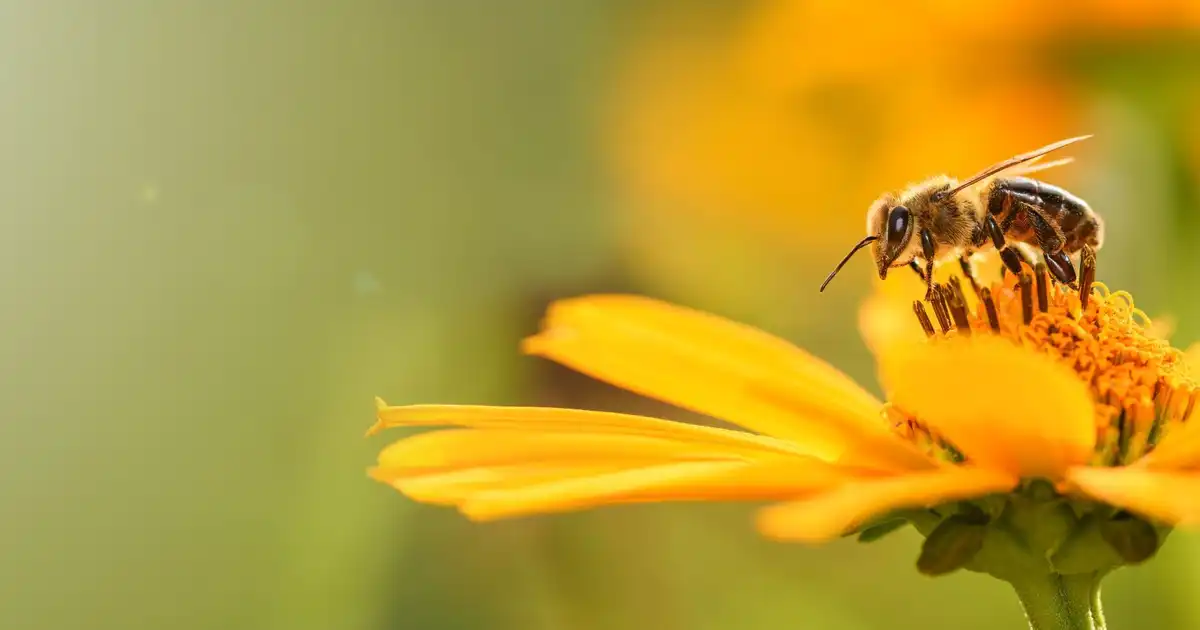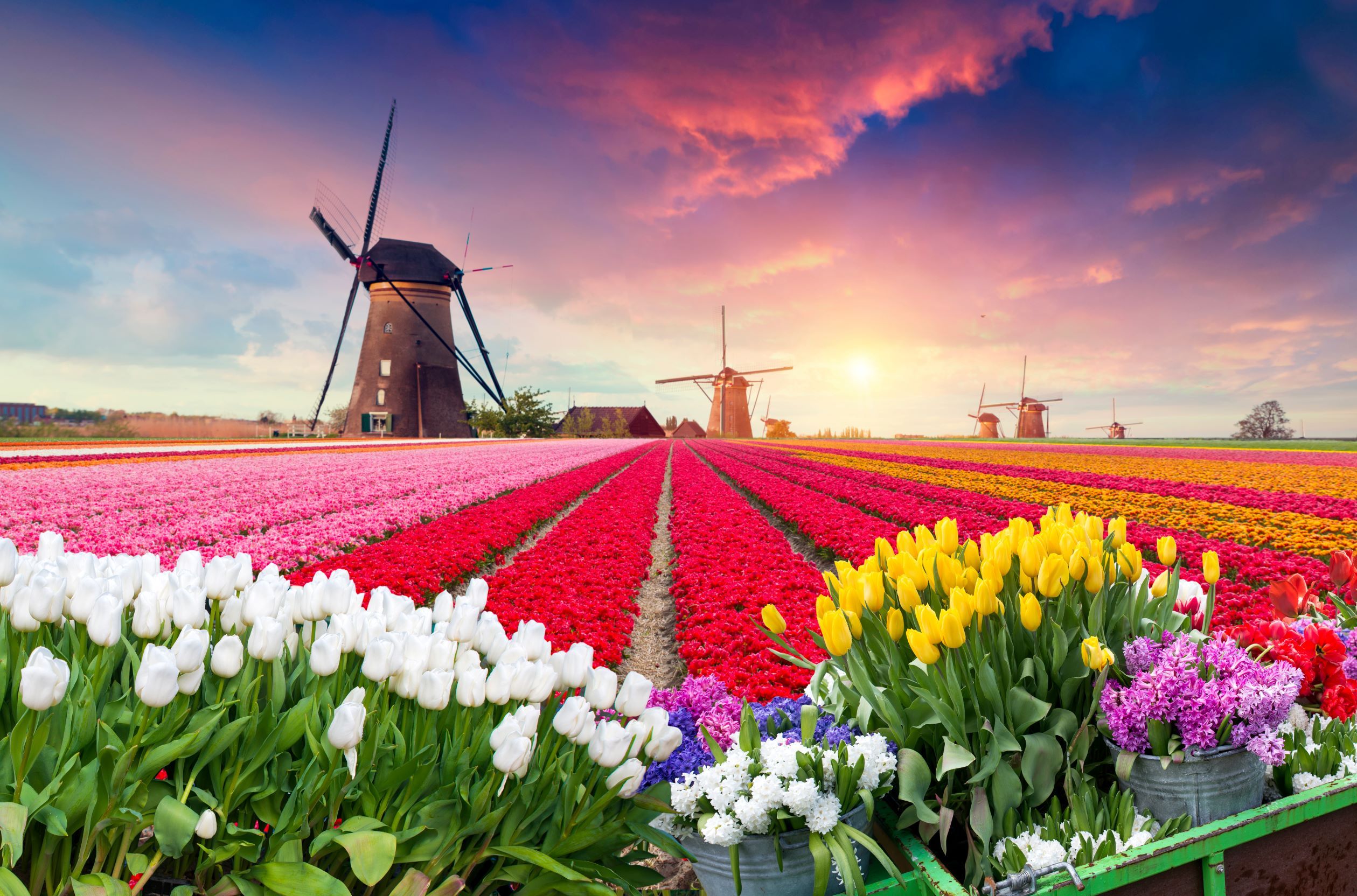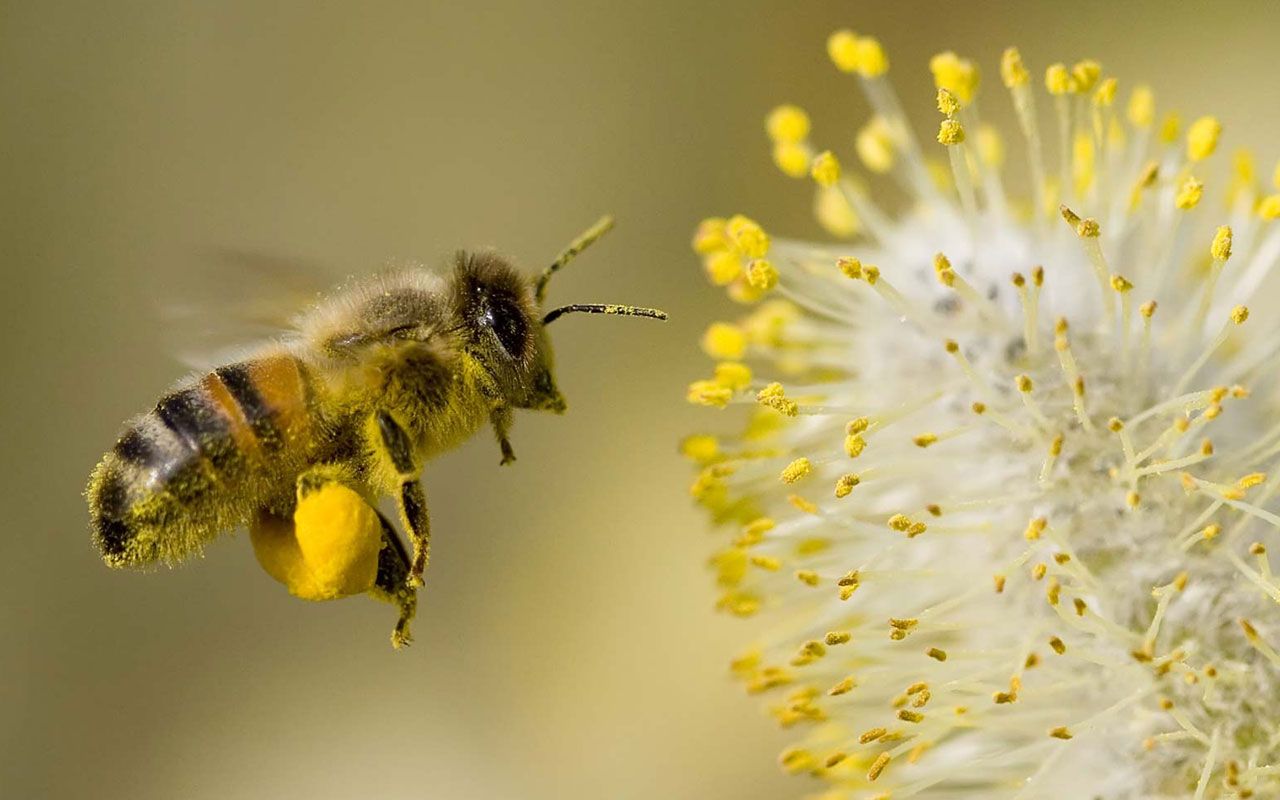
What you can do to help bees
Bees are one of the most important species to our ecological environment. Bees may be small, but they have a heavy responsibility: pollinating the food supply. In addition, bees also provide invaluable support to the ecosystem, helping trees and plants grow. In Europe, bees pollinate about 80% of wild flowers.

However, the sad truth is that the number of bees is decreasing. And if nothing is done, bees will continue to decline, directly affecting our ecosystem.
Pesticides, pollution and habitat loss
One of the biggest threats to bees is our relentless use of pesticides.
The general term “pesticides” refers to chemical sprays, treatments, and tablets used to control pests, weeds, and fungi.
In 2012, the first research found that these chemicals were causing severe declines in honey bee colonies in both the US and UK. It's not surprising: many of these chemicals are designed to kill insects - and, bees are insects too.
Ten years on, pesticides are still a big problem for bees. Earlier this month, another study from the University of Oxford found that pesticides impact the nervous system of bees, interfering with their coordination and making the insects appear “drunk.”
But pesticides are just one of many huge problems facing bees. Air pollution is another important factor leading to the decline of bees. A recent study, conducted over a three-year period, predicted that in India, pollution could completely kill honey bees.
The study focused on bees in Bengaluru, one of the country's most polluted cities. Researcher Geetha Thimmegowda told Science that some bees even had traces of toxic heavy metals, like arsenic and lead. Research shows that out of every five bees collecting pollen from the most polluted areas of the city, four die within a day of collection.

And as well as pollution, among many other problems, bees are also facing habitat loss. Since World War II, the UK has lost 97% of its wildflower meadows to farming and urban development, according to a report by Friends of the Earth.
“It is more essential than ever that new urban developments such as housing avoid damage to important habitats, such as remaining wildflower meadows,” the nonprofit stated. “Furthermore, this must also incorporate ‘green infrastructure’ which can provide significant benefits to bees and other wildlife.”
What we can do

